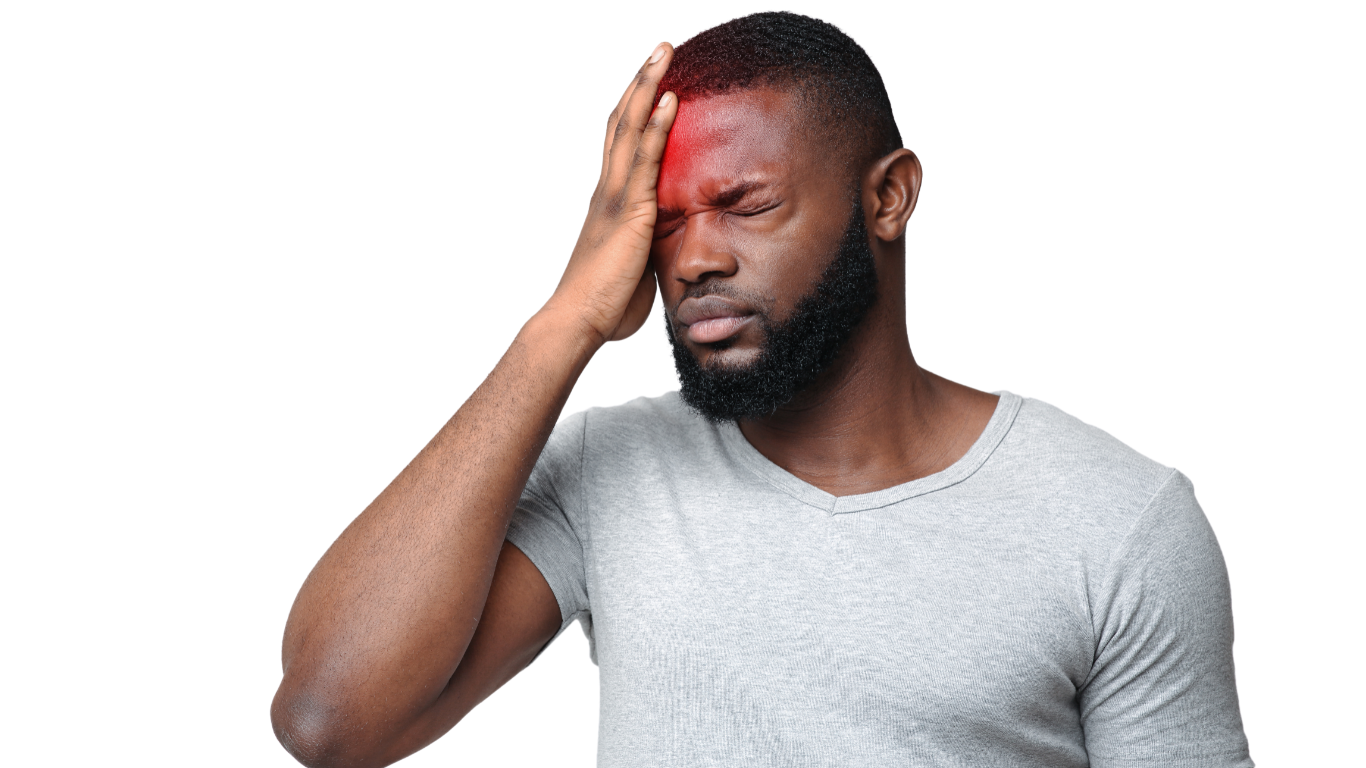Concussion and Rehabilitation
Concussions—often called mild traumatic brain injuries (mTBI)—can have significant short- and long-term effects on your physical, cognitive, and emotional health. Whether caused by a fall, motor vehicle accident, sports injury, or sudden impact, concussion symptoms can vary from mild to severe and require proper assessment and guided rehabilitation.
At TheraTouch Physiotherapy, we provide evidence-based rehabilitation to support recovery and help you safely return to daily life and physical activity.
What Is a Concussion?
A concussion occurs when the brain rapidly accelerates and decelerates inside the skull, causing temporary disruption in brain function. This can happen even without losing consciousness.
Common causes include:
• Falls
• Motor vehicle accidents
• Sports injuries
• Workplace incidents
• Physical impacts
Common Concussion Symptoms
Concussion symptoms may appear immediately or develop gradually over several hours or days.
Common symptoms include:
• Headaches or pressure in the head
• Dizziness or balance problems
• Nausea or vomiting
• Light or noise sensitivity
• Blurred or double vision
• Difficulty concentrating
• Memory problems
• Irritability, anxiety, or emotional changes
When to Seek Urgent Medical Attention
Seek emergency care if you experience:
• Loss of consciousness
• Worsening or severe headache
• Slurred speech
• Seizures
• Weakness or numbness
• Persistent vomiting
• Increased confusion
• Difficulty waking up
How Concussions Are Diagnosed
A healthcare professional will:
• Review your medical history
• Perform a neurological and physical exam
• Assess symptoms, balance, and cognitive function
Important: Imaging tests (CT or MRI) are often normal in concussion cases. The diagnosis is primarily clinical.
Treatment & Early Management Strategies
Concussion recovery focuses on managing symptoms and gradually reintroducing activity.
Early treatment includes:
• Physical and cognitive rest (limited screen time, limiting exertion)
• Symptom-specific management
• Gradual return to activity, guided by a trained professional
Rehabilitation Strategies for Concussion Recovery
Recovery requires a multidisciplinary approach. Our team offers customized treatment based on your symptoms and recovery stage.
Our physiotherapists assess and treat:
• Balance issues
• Dizziness
• Neck pain
• Vestibular dysfunction
• Gait disturbances
Interventions include:
• Vestibular rehabilitation
• Balance training
• Manual therapy
• Graded exercise therapy
2. Cognitive Rehabilitation
Helps address difficulty with:
• Memory
• Attention
• Executive function
• Problem-solving
Guided by cognitive specialists (OTs, SLPs).
3. Visual Rehabilitation
Supports recovery from:
• Blurred vision
• Difficulty focusing
• Visual tracking issues
• Light sensitivity
Treatment may include vision therapy, exercises, and lens adjustments.
4. Psychological Support
A concussion can significantly impact mood and emotional well-being.
Therapy may help manage:
• Anxiety
• Irritability
• Mood swings
• Sleep disturbances
• Adjustment concerns
5. Guided Return to Activity
A structured plan allows you to safely return to:
• School
• Work
• Exercise
• Sports
Progression is based on symptom tolerance and guided by a healthcare provider.
Why Choose TheraTouch Physiotherapy for Concussion Rehab?
At TheraTouch Physiotherapy, we take a comprehensive, patient-centered approach.
Our team helps you:
• Reduce symptoms
• Restore balance and physical function
• Improve cognitive performance
• Return to daily activities safely
• Prevent long-term complications
Start Your Concussion Recovery Journey Today
If you or someone you know is experiencing concussion symptoms, early assessment and rehabilitation make a meaningful difference in recovery.
📞 Call us: (613) 709-8001
📅 Book an appointment: https://theratouchphysio.com/contact-us/

